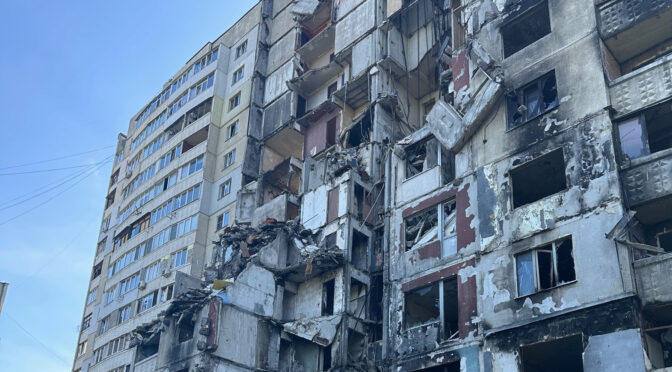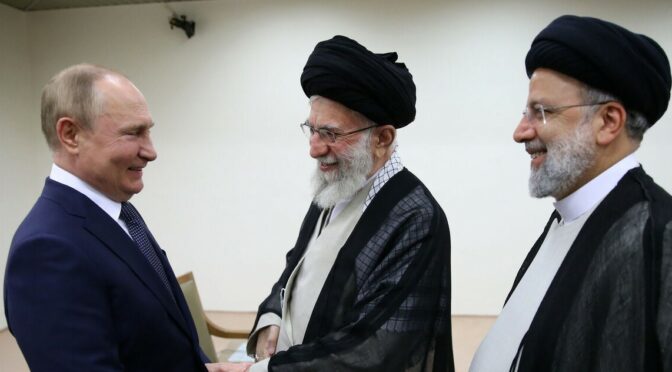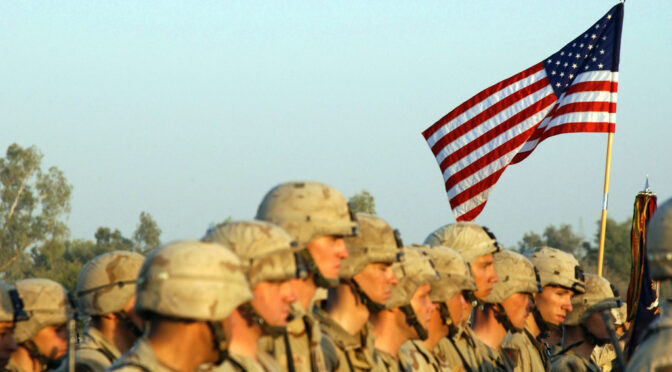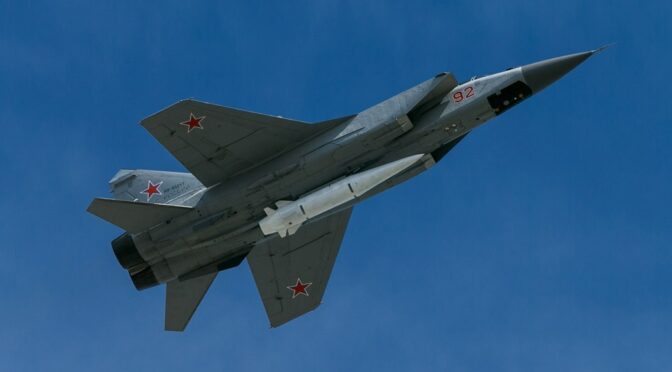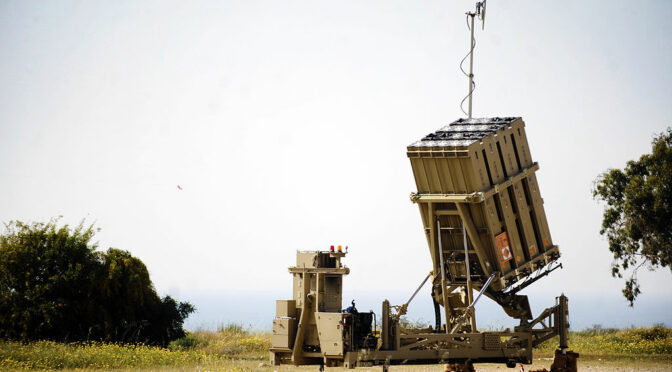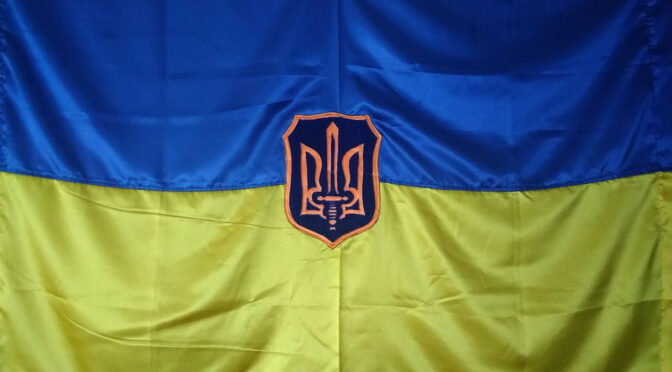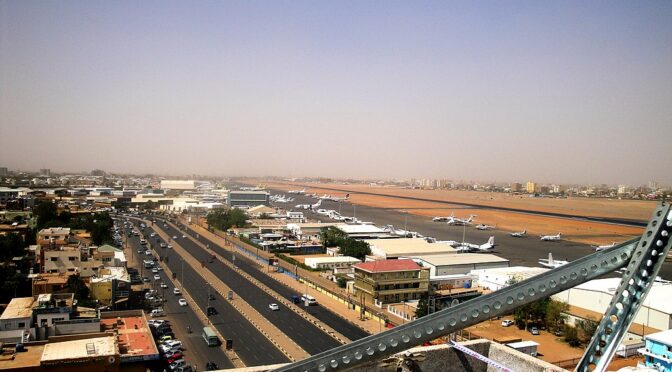Article published by the Gatestone Institute, 25 May 2023. © Richard Kemp
This week, near Bakhmut in eastern Ukraine, I spent time with commanders and soldiers who have been fighting the Russian invaders in the shattered city, sometimes for months on end. This has been one of the longest battles anywhere in the world since 1945 and by far the most brutal in this war, with Russians and Ukrainians often fighting at close quarters, artillery hammering the city into Stalingrad-like rubble and a level of slaughter unequalled anywhere else in Putin’s vicious war.
Talking to these battle-worn men, their gratitude for the arms, ammunition and equipment supplied by the West was palpable and sometimes emotional. They credited us with keeping them alive and keeping them fighting. I asked what they now needed most from our countries. Of course more guns, more ammo, more tanks, more rockets plus combat planes always featured. But another consistent answer was striking even if not surprising: please do not try to force our country to make peace with the invaders.
This from men who have seen their brothers-in-arms cut down by bullets, bomb blasts and scything shell splinters; have battled to prevent the life ebb from their comrades’ mangled bodies; have endured the mind-numbing percussion of unending artillery bombardments and have risked their very lives with every hour spent in the ruined city. At one point the deadly reality of life in Bakhmut was driven home by fleets of laden ambulances hurtling past us, heading away from the battle zone.
With their blunt rejection of peace negotiations, were these fighting men disproving the words of US General Douglas MacArthur in his famous Duty, Honor, Country speech at West Point: ‘The soldier above all others prays for peace, for it is the soldier who must suffer and bear the deepest wounds and scars of war’?
I did not ask them that question because I immediately understood what lay behind their grim determination to keep fighting despite the horror of it all. Continue reading

